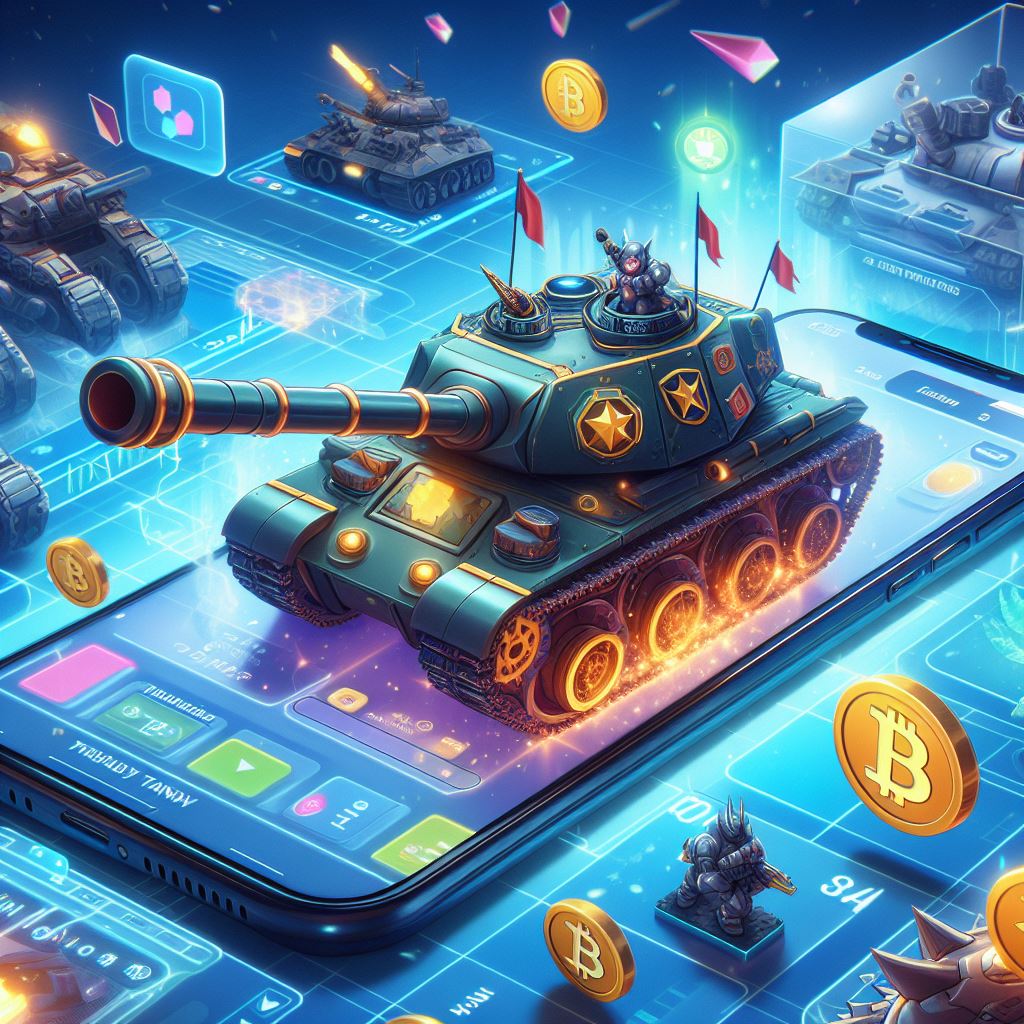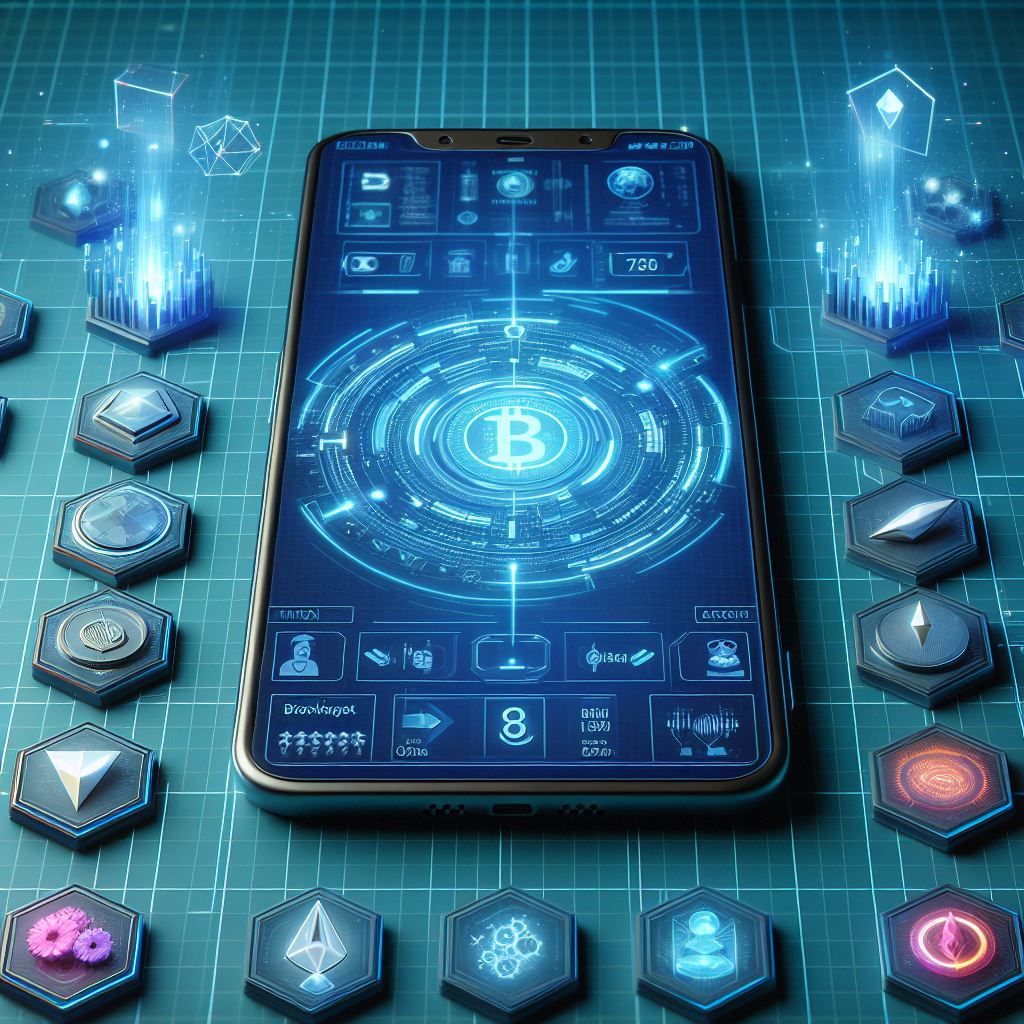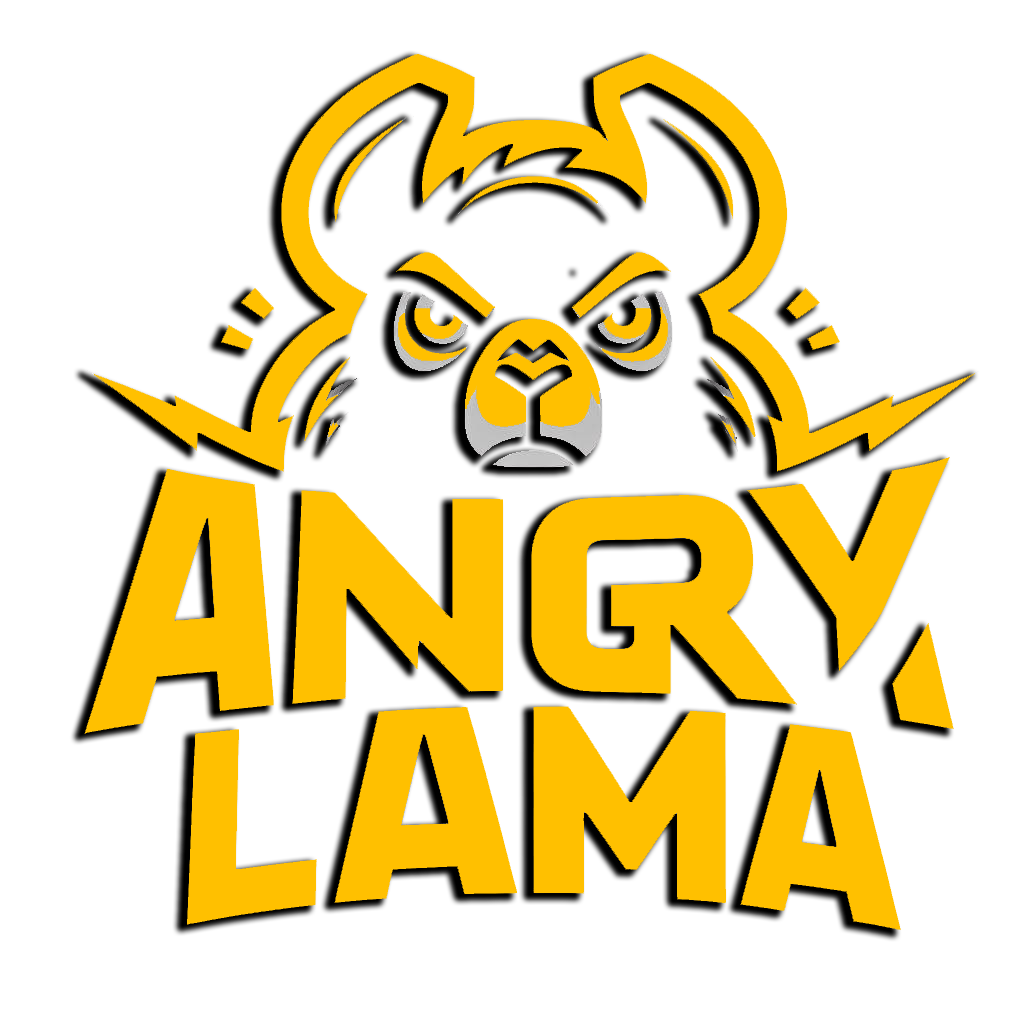Blockchain-Based Game Development
Blockchain-Based Game Development is revolutionizing the gaming industry by introducing decentralized and transparent gameplay experiences. By leveraging Blockchain Technology, game developers can create games that offer unique features such as verifiable ownership of in-game assets, player-driven economies, and secure peer-to-peer transactions. One of the key advantages of blockchain-based game development is the concept of true ownership. In traditional games, players do not have real ownership of their in-game assets, as they are stored on centralized servers. However, in blockchain-based games, assets are represented as non-fungible tokens (NFTs) that are stored and traded on the blockchain, giving players true ownership and control over their digital possessions.
Blockchain-based games provide players with the ability to Earn cryptocurrency or other valuable rewards while playing. Through gameplay achievements, players can receive tokens that hold real-world value. This play-to-earn model creates new opportunities for gamers to monetize their skills and time spent in-game.
Blockchain technology ensures the security and immutability of in-game transactions. By utilizing smart contracts, game developers can create trustless systems that eliminate the need for intermediaries and minimize the risk of fraud or cheating. Every transaction and ownership transfer is recorded on the blockchain, providing a transparent and tamper-proof ledger. The use of blockchain technology in game development also enables cross-game compatibility and interoperability. Players can use their in-game assets across multiple games or trade them on decentralized marketplaces. This interoperability fosters a vibrant ecosystem where players can freely engage with various games and platforms.
Blockchain-based games often incorporate community governance mechanisms, allowing players to have a say in the development and direction of the game. Through decentralized voting systems, players can propose and vote on changes, ensuring a more democratic and inclusive gaming experience. The emergence of blockchain-based game development has led to the rise of virtual worlds and metaverses. These immersive environments enable players to explore vast digital landscapes, interact with other players, and engage in various activities. The decentralized nature of blockchain technology enhances the sense of ownership and participation within these virtual worlds.
Blockchain-based game development has opened up new opportunities for indie developers and small studios. With the ability to crowdfund projects through initial coin offerings (ICOs) or non-fungible token sales, developers can access funding and resources to bring their innovative game concepts to life. The adoption of blockchain-based game development has sparked collaboration between the gaming and blockchain industries. Established gaming companies and blockchain startups are partnering to create unique gaming experiences that leverage the benefits of blockchain technology. This collaboration drives innovation and expands the possibilities of what can be achieved in game development.
Blockchain-based game development is not limited to a specific genre or platform. Developers are exploring various game genres, including role-playing games (RPGs), collectible card games (CCGs), strategy games, and more, to leverage the benefits of blockchain technology. This diversity ensures that players with different gaming preferences can find blockchain-based games that cater to their interests.
Blockchain-based game development has also given rise to the concept of decentralized autonomous organizations (DAOs) within gaming communities. DAOs are self-governing organizations built on blockchain technology that enable players to collectively make decisions about the development and management of a game. This decentralized approach empowers players and fosters a sense of ownership and engagement within the community. The integration of blockchain technology in game development has opened up new avenues for game monetization. In addition to traditional revenue streams such as game sales and in-app purchases, developers can generate revenue through the sale of in-game assets as non-fungible tokens (NFTs). This creates a secondary market where players can buy, sell, and trade rare or unique items, creating a new economy within the game.
Our Team also developed a TanKash Game that supports blockchain technology and players can enjoy and earn through our game. To know our game better, follow our YouTube channel.

Blockchain-based game development is not without its challenges. The scalability of blockchain networks, high transaction fees, and the complexity of integrating blockchain technology into game mechanics are areas that developers are actively working to address. As the technology matures and solutions such as layer-two scaling and interoperability protocols emerge, these challenges are expected to be mitigated, leading to smoother and more widespread adoption of blockchain-based games.
In conclusion, blockchain-based game development is transforming the gaming industry by introducing decentralized ownership, play-to-earn models, and secure transactions. With the integration of blockchain technology, games are becoming more transparent, immersive, and player-centric. The ability to earn real value, participate in community governance, and explore virtual worlds is attracting a growing number of gamers to blockchain-based games. As this technology continues to evolve, we can expect even more exciting and innovative blockchain-based games to shape the future of gaming.



